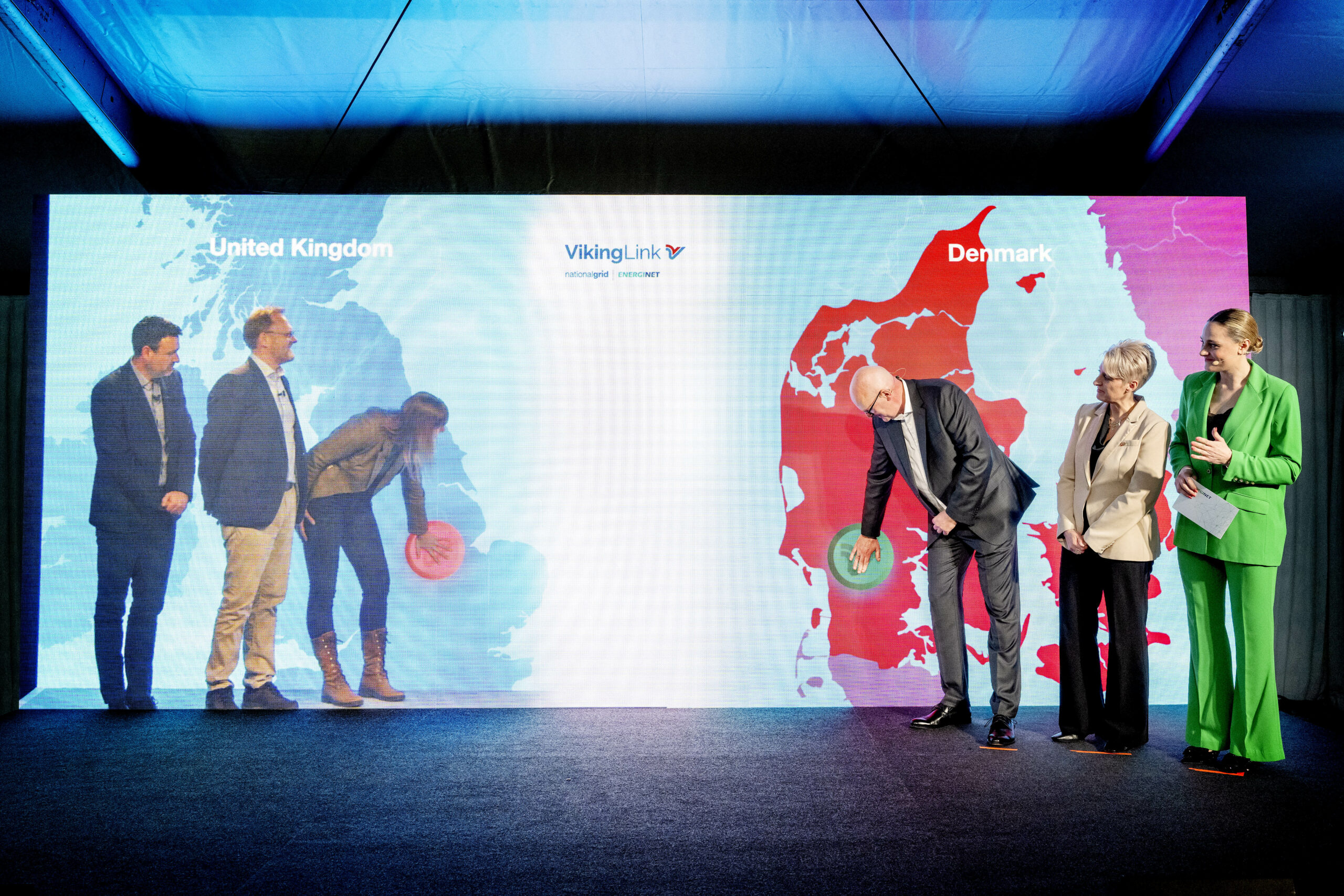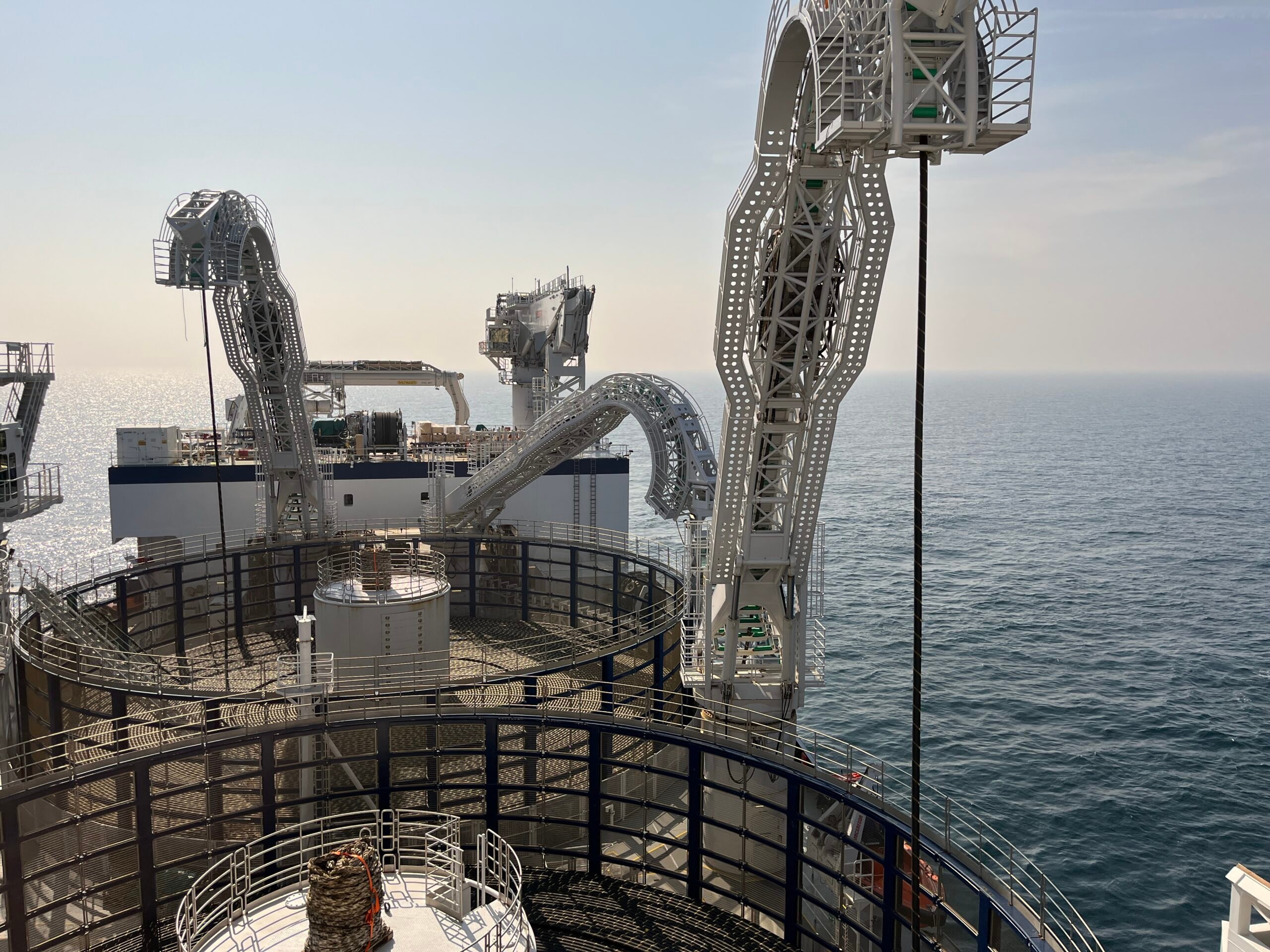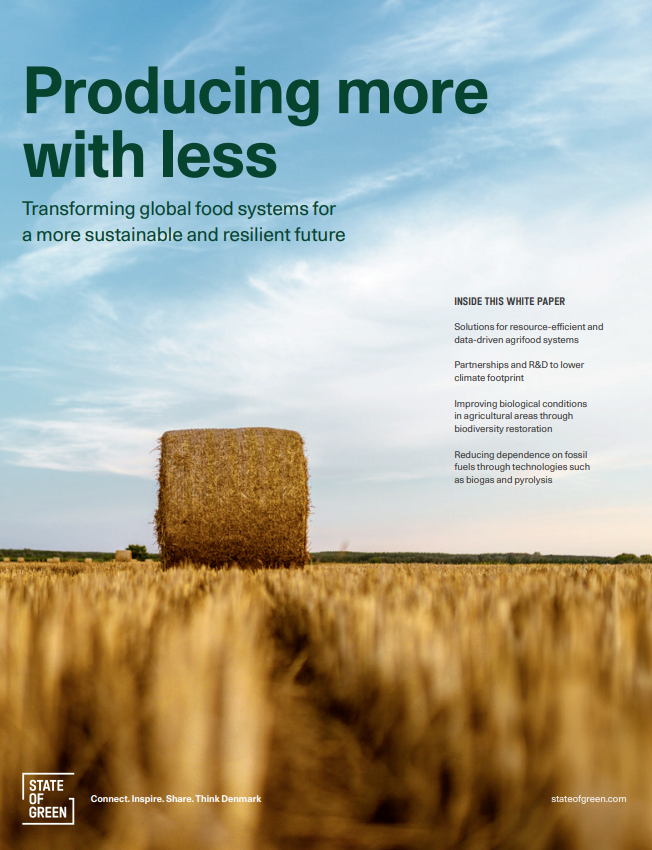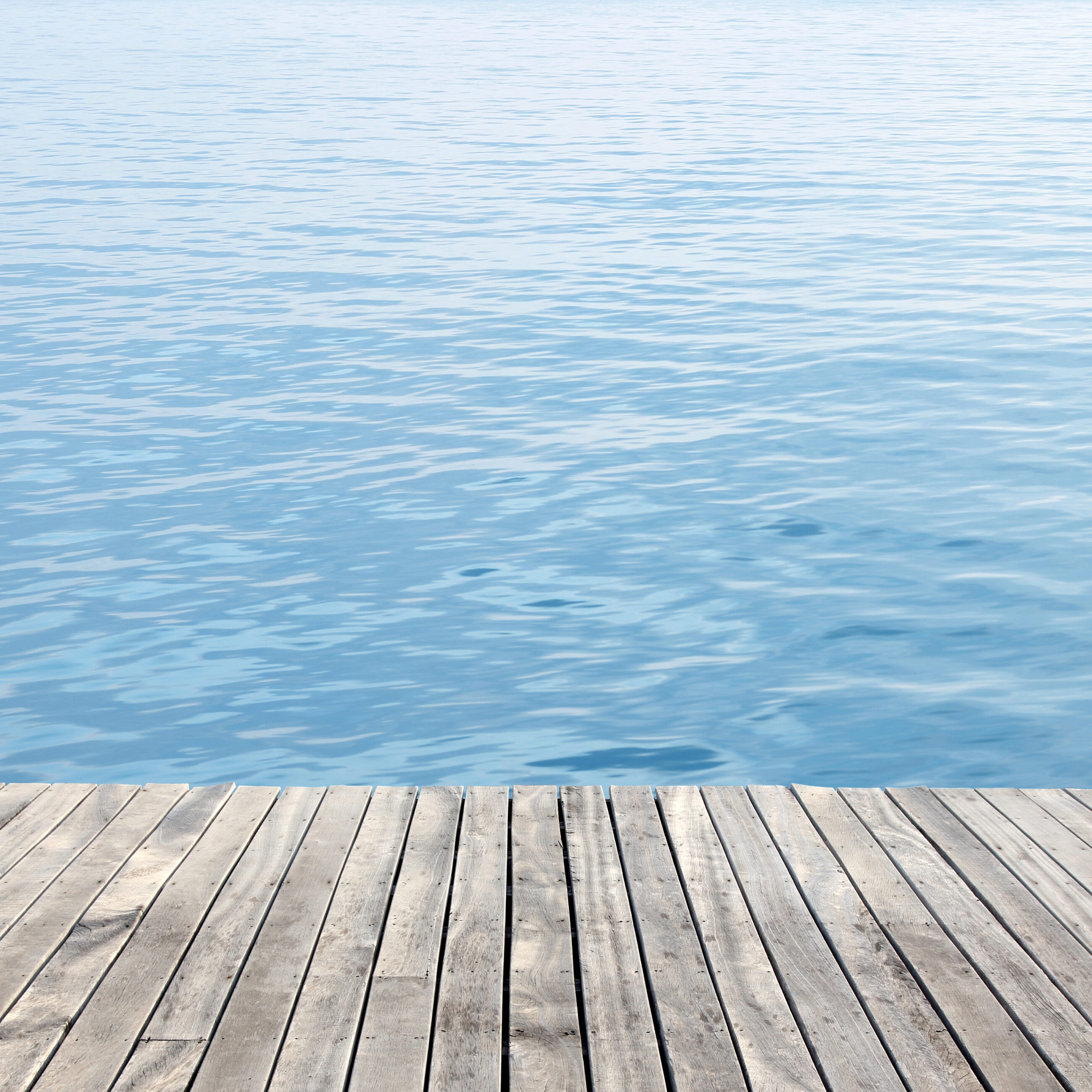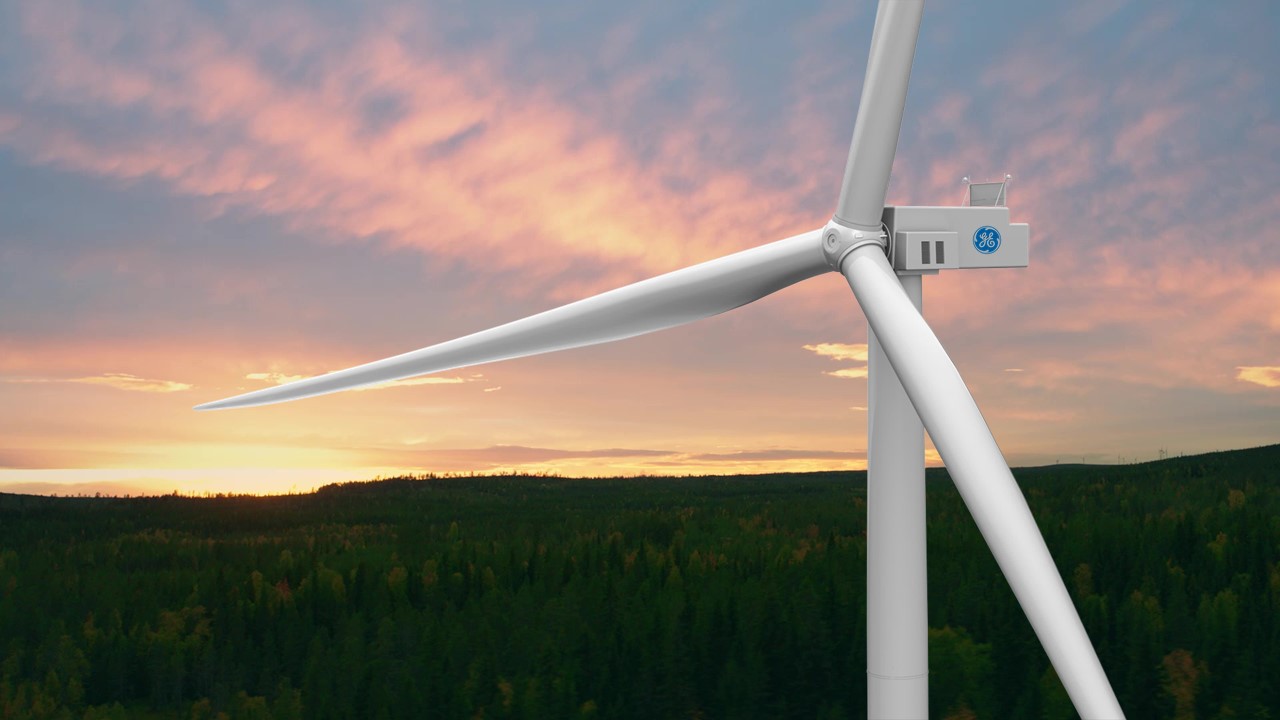News
Bioenergy
District energy
Smart energy systems
+1
Island exchange: Oceania countries visit Denmark to gain insights into Denmark’s green transition
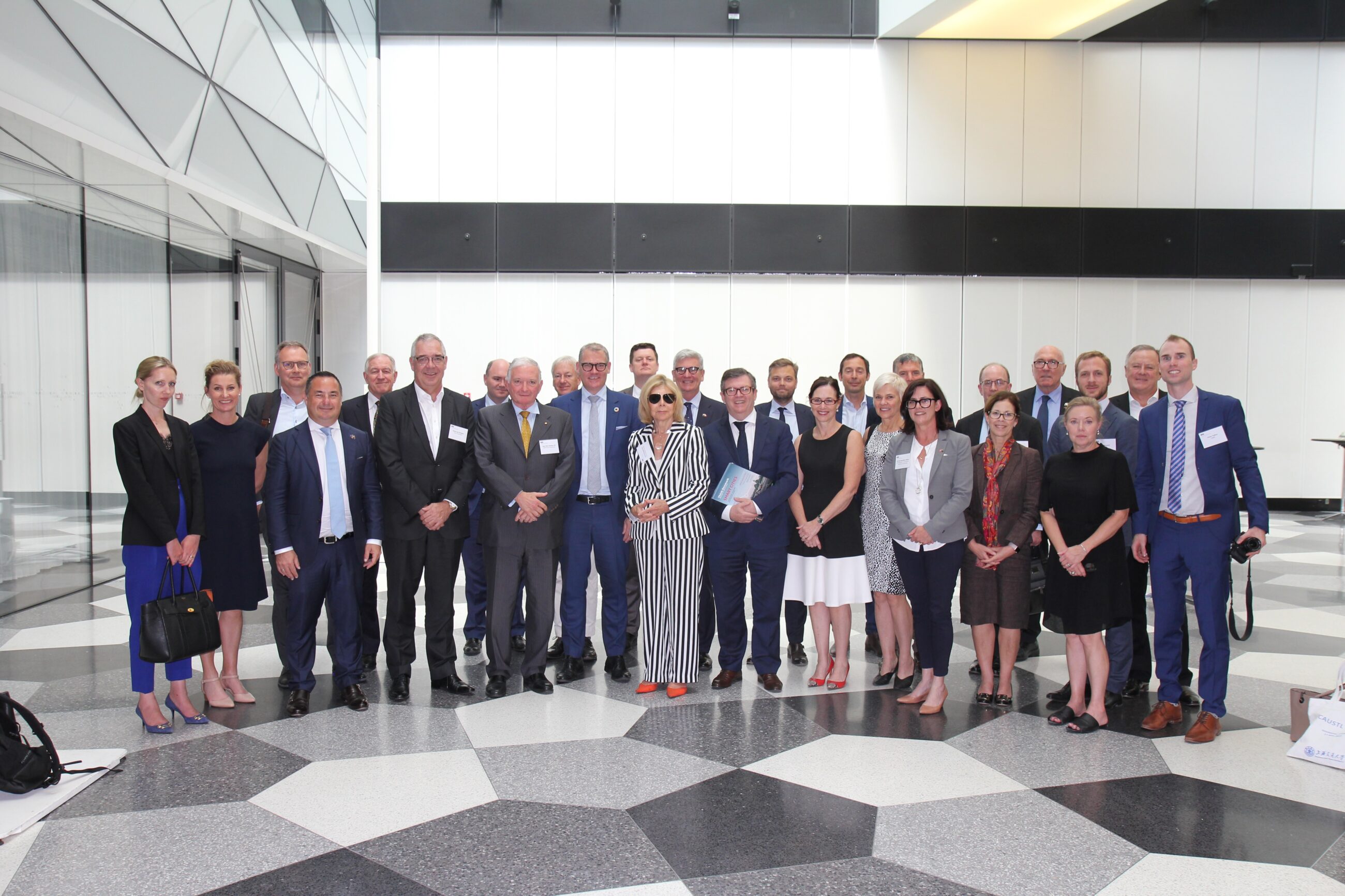

More than 20,000 km away and situated at different ends of the world, Australia and New Zealand have more in common with Denmark than perhaps expected. All three island nations are parliamentary democracies that possess a love of water due to their substantial coastlines. Each country prides itself on its egalitarian nature and is eager to get to gain insights into each other’s approach to a number of issues with the aim of deepening mutually beneficial relationships.
This was the objective of the two high level delegations from Australia and New Zealand that visited Denmark last week: to gain deeper insight into Danish policies and approaches to issues such as welfare, the business environment, environmental and climate change, higher education and research policy etc. This was done with the hope of uncovering areas for future collaboration and understanding to what extent Danish solutions could be transferrable to Australia and New Zealand’s domestic contexts.
Both delegations consisted of senior business executives, civil servants, university chiefs and a smattering of current and former politicians. They therefore met with a range of political and commercial actors and organisations. While the two delegations had slightly different overall objectives in visiting Denmark, both devoted almost an entire day of their stay to focus on the green transition; seeking to understand how Denmark is working towards becoming an ultra resource efficient, low waste, carbon neutral society with strong biodiversity. To this end, both delegations visited State of Green’s showroom, House of Green.
Related solution: How to decarbonise the energy sector in an affordable way
Seeking to strengthen ties with Europe
Europe as a whole is actually Australia’s largest trading partner and therefore strengthening Australia’s trade relationships with individual European nations and the EU is of paramount importance for the European Australian Business Council (EABC). Thus, the EABC conducts an annual mission to Europe to strengthen bilateral relationships with European leaders, institutions, officials, peak business groups and policy organisations in strategic areas such as political and economic governance, banking and financial services regulation, trade policy and negotiations, research and innovation, energy and climate change, transport and mobility and infrastructure.
This year’s mission, which covered a whirlwind five countries in five days, included a trip to the Danish capital of Copenhagen as the second last stop on the itinerary. Here the focus of the EABC’s visit was largely on understanding how triple helix collaboration functions in Denmark and the way the country is forging a path to carbon neutrality in 2050 via an energy system that is ultra efficient and powered primarily by renewable sources.
Australia, which has rich reserves of thermal coal, is one of the most carbon intensive countries in the OECD and one of the few developed nations where greenhouse gas emissions have actually risen in the past decade. Therefore, the delegation visited House of Green to hear in detail how Denmark is decarbonising its energy system, while still maintaining a secure supply of electricity more than 99.97% of the time and maintaining stable GDP growth. Also of interest to the delegation was to learn how Denmark secures popular support for ambitious energy and climate policies. They subsequently met with leading green companies such as Vestas, DHI and Babcock & Wilcox Vølund during a roundtable discussion at the Conferderation of Danish Industry.
Commenting on the EABC’s visit to Denmark, Jason Collins, CEO of the European Australian Business Council, stated:
“The European Australian Business Council organises a business mission to Europe every year, travelling to different cities to promote the bilateral relationship with Australia and gain insights on the key political and economic developments within Europe. Whilst Australia’s trade and investment flows with Denmark do not equal those with larger European economies like the UK, Germany or France, we recognised Denmark’s leading capabilities in sustainability, as one of the EU’s most innovative countries. Our delegation explored the potential for collaboration in many sectors, including clean energies, waste and water management, healthcare, agritech and many others.”
The European Australian Business Council was in Denmark from June 27 – 28.
Related solution: World's largest waste-to-energy facility in Singapore
From one small island nation to another: New Zealand discovers Denmark
Organised by the New Zealand think tank, The New Zealand Initiative, the so-called ‘Discover Denmark’ delegation consisting of senior business representatives, policy makers, politicians and academics travelled to Denmark for an entire week to experience how Denmark, which has virtually the same population as New Zealand, approaches issues.
"We decided to take our members to Denmark because we believe that small, developed democracies have a lot to learn from each other. There is no need to reinvent the wheel when other countries have already designed it. The particular focus on clean tech and green tech had to reasons. First, because we had heard much about Denmark's technology leadership in this field. And second, because our group included a large contingent of New Zealand energy companies. Needless to say, we were greatly impressed by what we found in Copenhagen," said Dr Oliver Hartwich, Executive Director of The New Zealand Initiative.
New Zealand has made great strides in decarbonising its energy system with 85 per cent of its electricity powered by renewables and hydro energy in particular. Nonetheless, the country is interested in diversifying its energy supply and expanding the wind power capacity. Therefore, the group visited the offshore cooperatively owned wind farm Middelgrunden and the internationally acclaimed waste to energy facility, CopenHill to learn how cities tackle the waste challenge.
In the afternoon, the delegation visited House of Green to listen to selected presentations from a range of stakeholders who are all working towards advancing the green transition in Denmark. Specifically, the City of Copenhagen, which aims to be the first carbon neutral capital by 2025, the Danish pension fund PKA, the green think tank Concito and the Danish Agriculture and Food Council presented their organisations’ work. The presentation from the Danish Agriculture and Food Council, which presented the organisation’s vision for climate neutral agriculture in Denmark by 2050 was of particular interest, given that the agricultural sector in New Zealand is responsible for the bulk of the country’s emissions.
The New Zealand delegation was in Denmark from 23 – 29 June.
You should consider reading
publications
Resource efficient production
+15
